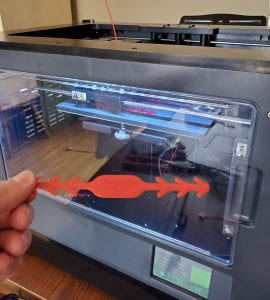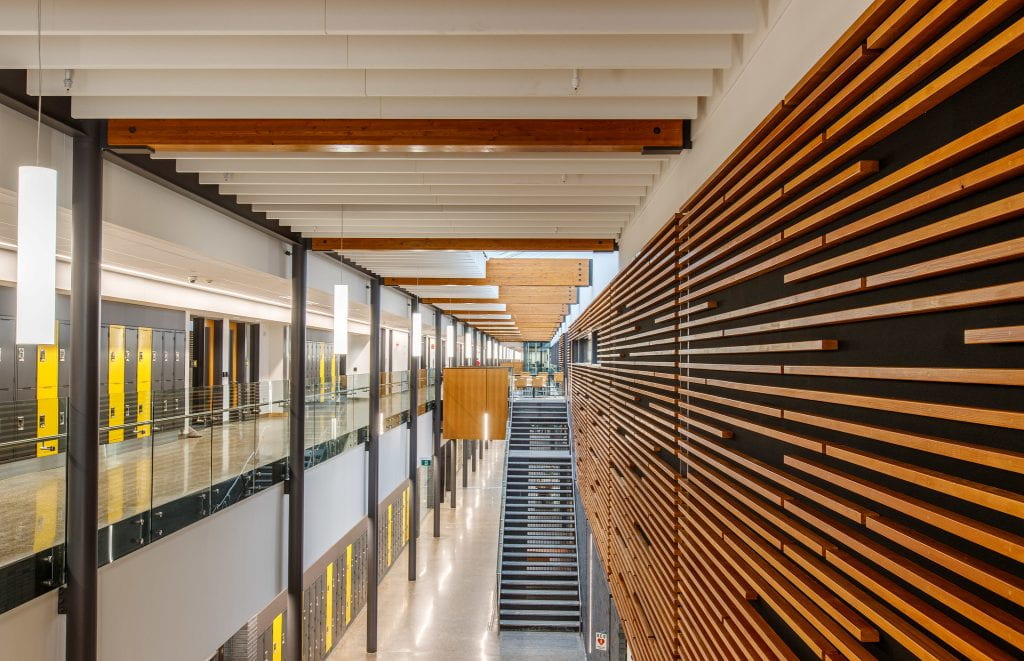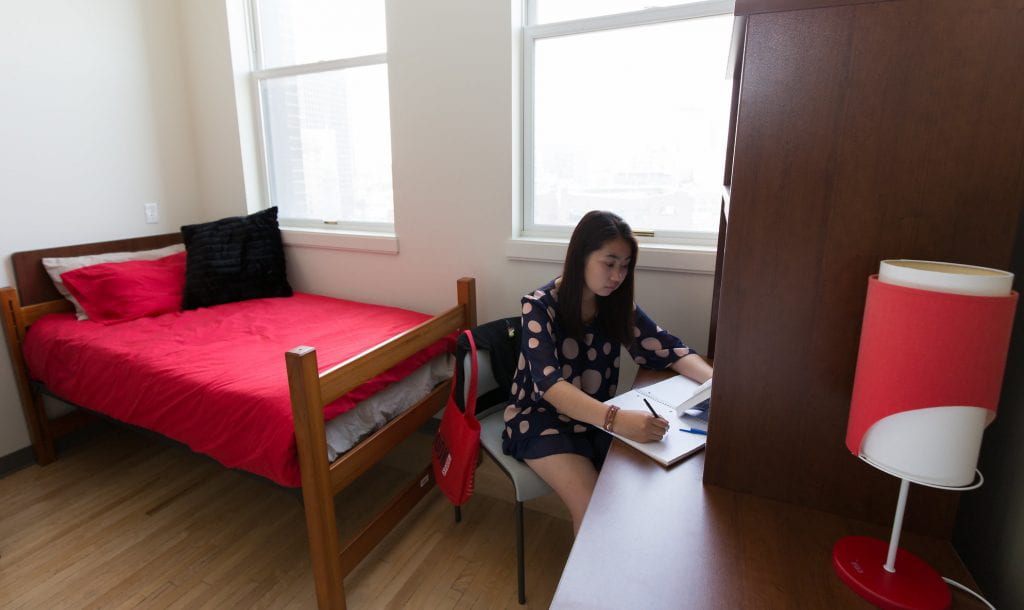Fall 2020 term to be delivered online
Red River College announced today that academic programs and services for the Fall 2020 term will be delivered online. This cautious but agile approach will allow RRC to continue providing high-quality educations to students, while preparing graduates to help Manitoba’s economy emerge from the current global pandemic.
“I remain incredibly grateful to our faculty, staff and students as they adjust to our new way of teaching and learning,” says interim President Dr. Christine Watson. “As we prepare for the fall term, our approach will put the safety of our staff and students first, while providing meaningful, high-quality learning experiences for students at every step of their academic journeys.”
While the College is focused on online delivery for the fall, planning is also underway to quickly pivot should public health directives change, to allow for the delivery of some courses on campus. Priority will be given to hands-on learning that was delayed due to the pandemic, in order to help students who are close to graduating get caught up and complete their programs.
“Over the past few months, we’ve learned a great deal from our experiences transitioning to online program delivery,” says Aileen Najduch, acting Vice-President, Academic. “We’re building on that foundation to ensure Red River College continues arming our graduates with the skills, knowledge and experiences they need to help support our partners in industry and rebuild our economy.
“Online learning will help prepare our graduates for a new age of disruption by providing them with the tools they need to succeed in industry and in workplaces that are undergoing a digital transformation.” Read More →









